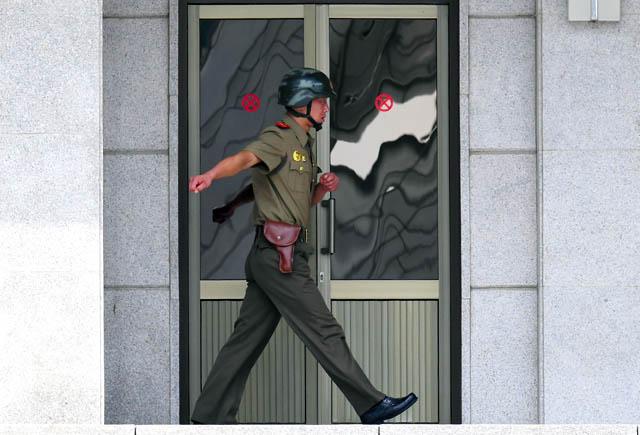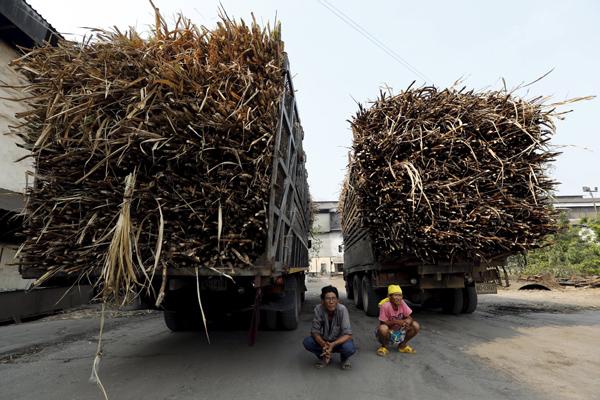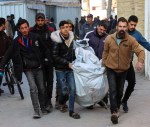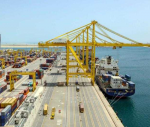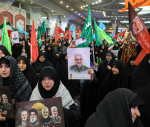You are here
North Korea says it has been hit by worst drought in 100 years
By AP - Jun 17,2015 - Last updated at Jun 17,2015
SEOUL — North Korea says it has been hit by its worst drought in a century, resulting in extensive damage to agriculture.
The official Korean Central News Agency said the drought has caused about 30 per cent of its rice paddies to dry up. Rice plants normally need to be partially submerged in water during the early summer.
"Recently in our country, there has been a severe drought with sudden extremely high temperatures and nearly no rain," Ri Yong-nam, a senior North Korean weather official, told The Associated Press on Wednesday. "Now the drought is causing a water shortage and great damage to agriculture, and we foresee this drought will continue for a while." He said temperatures in May were 5oC-7oC degrees higher than normal.
Both North and South Korea have had unusually dry weather this year.
South Korea's Unification Ministry said precipitation in North Korea was abnormally low in May, and food production could decline significantly if the shortage continues. However, a ministry official said he couldn't confirm North Korea's claim that it was experiencing its worst drought in a century.
KCNA said South Hwanghae province was one of North Korea's worst-hit areas.
Farmers at Gangan Cooperative Farm in the province said they have been unable to grow rice seedlings.
"This is the first drought damage in my 20 years of farming experience," Sin Jong-choi, head of a work team at the farm, told AP. He said the seedlings dried out, so farmers plowed the fields again and planted corn instead.
But even the corn plants "are completely burned to death", said Bae Tae-il, the farm's chief engineer. "We are launching all-out efforts to overcome the drought damage."
In Pyongyang, the capital, the water level of the Taedong River was very low Wednesday.
The United Nations said in a report in April that about 70 per cent of North Korea's people face food insecurity, and more than a quarter of children under age of 5 experience chronic malnutrition.
It said North Korea continues to restrict proper monitoring of aid operations, while international financial sanctions targeting the country's nuclear and missile programmes have added to the difficulties of aid distribution.
International aid donations to North Korea have fallen in recent years as it continues to pursue nuclear development. The UN report said it is seeking $111 million for North Korean operations this year, its lowest such funding appeal since at least 2009.
North Korea suffered a devastating famine during the 1990s that is believed to have killed hundreds of thousands of people. The famine is also believed to have loosened the authoritarian state's control over the economy by damaging its public food distribution system and paving the way for private economic activity in unofficial markets.
Related Articles
SEOUL — North Korea carries out public executions on river banks and at school grounds and marketplaces for charges such as stealing copper
SEOUL — South Korea has agreed to halt propaganda broadcasts at noon Tuesday after North Korea expressed regret over a recent land mine blas
BANGKOK — Thailand needs to do more to keep its tourists safe if it wants to achieve its objective of attracting more high-end travellers, o


